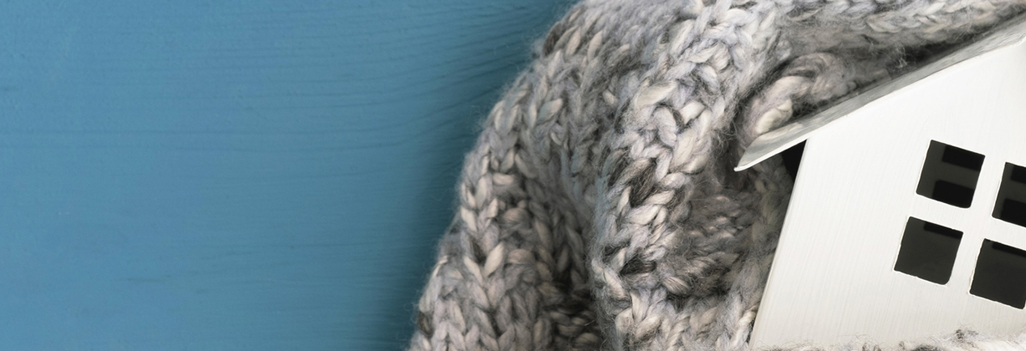Legionella and water safety
Legionella and water safety
What is Legionella and Legionnaire's disease?
Legionella is a bacteria that can cause a number of diseases, the most serious being Legionnaires’ disease. Less serious conditions caused by the bacteria are Pontiac fever and Lochgoilhead fever.
Legionnaire’s disease is a form of pneumonia that can be fatal. Legionnaires’ disease is very rare in the UK. Between 2017 and 2023 604 confirmed cases of Legionellosis were reported to the National Enhanced Legionnaires’ Disease Surveillance Scheme (NELSS) in England and Wales
Legionella and related bacteria are common in rivers, lakes, ponds and other natural water sources. The bacteria can also be found in household hot and cold water systems and other purpose-built water systems (for example spa pools).
It’s rare that the conditions are right for people to catch the disease from these sources. However in favourable conditions, the bacteria can grow. That’s when the risk of Legionnaires’ disease increases. Illness can occur when someone is exposed to legionella bacteria growing in a system where water is kept at a temperature that’s high enough to encourage growth.
The risk of catching Legionnaire’s increases with age and is higher among people who:
- are over 45
- are heavy smokers or drinkers
- suffer from chronic respiratory or kidney disease
- have diabetes, lung and heart disease
- have an impaired immune system
What we do as landlord
As a landlord, we take measures to keep this risk low, for example we employ specialists to carry out water risk assessments every two years and where appropriate we put in place additional controls, such as making sure water temperatures operate at temperatures that don’t promote bacteria growth.
These measures are explained in more detail in the Health & Safety Executive publication ‘Legionnaires’ disease - The control of legionella bacteria in water systems’.
What are your responsibilities?
The risk of Legionella causing illness is very low, but here are some things you can do to reduce it further:
- Set your hot water to 50-60°C (122-140F). Curo can help you to do this. Be careful not to scald yourself when using your hot taps.
- Dismantle and clear your shower heads of scale and debris every 3 months.
- Disconnect and drain external hoses when not in use, and regularly flush external taps.
- Thoroughly clean your tap heads to prevent a build-up of nutrients, which can feed the bacteria.
The risk can increase if you’ve been away from home for more than a week or if you have taps, showers or toilets that you don’t use every day. In these situations, it’s a good idea to take the following simple steps:
- Run the hot and cold water taps for at least 60 seconds.
- Flush shower heads for at least 60 seconds. To do this, take the shower head off its holder and direct it over the plug-hole, then run the shower.
- If you have a hot water cylinder which you’ve turned off or not used for a while, be sure to heat it up to around 60°C to kill off any bacteria.
- Flush the toilet twice to circulate fresh water and empty the cistern.
How do people get ill?
Legionnaires’ disease is caused by Legionella bacteria infecting the lungs. It’s usually caught by breathing in small droplets of contaminated water. The infection isn’t contagious and can’t be spread directly from person to person.
The risk from Legionella bacteria is increased if:
- Water temperature is 20-45°C (68-113F).
- There are impurities in the water that the bacteria can use for food – for example rust, algae and limescale.
- It’s possible for breathable water droplets to be created and dispersed (shower heads, water outlets and spa baths can do this).
- Water is stored or re-circulated.
- Taps, showers or other water outlets are used infrequently.
- The water system contains dead ends or unused pipe work (for example an unused hot water feed for a washing machine that only uses a cold fill).
Further information
If you’re concerned about the water supply in your home or would like help carrying out any of the measures described here, please get in touch with Curo on 01225 366000 or by emailing hello@curo-group.co.uk.
The Health & Safety Executive is the government body responsible for water hygiene and Legionnaires’ disease. Visit their website for further advice and information .
Need to get in touch about Legionella?
Call: 01225 366000
Email: propertysafety@curo-group.co.uk

